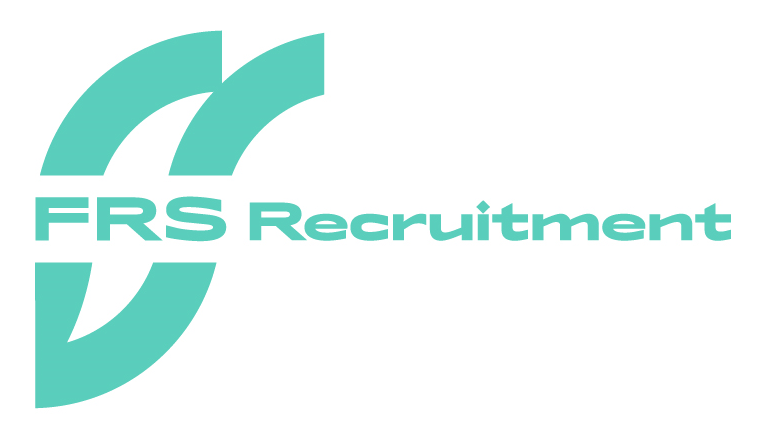An Essential Guide to Sustainability in Business: Concepts, Benefits, and Regulatory Guidelines
Have you been hearing about sustainability everywhere but don’t really understand how is it relevant to your business? Here is a simple break down of the concept, it’s benefits for businesses and current legislation to follow closely.
Sustainability is often defined as the ability to meet the needs of the present without compromising the ability of future generations to meet their own needs. For businesses this mainly means:
- Finding ways to operate and grow while minimising negative impacts on the environment,
- Treating employees and workers in supply chains fairly,
- Ensuring transparency to shareholders and consumers.
By adapting business models to consider environmental and social impacts, companies can better navigate challenges such as resource scarcity, climate change, and social inequality.
Studies suggest that businesses that adopt sustainable practices are more profitable and are more likely to successfully manage financial risks.
So, which are the specific benefits and opportunities of embracing sustainability from a business perspective?
- Improve risk identification and mitigation. Your business will be more resilient and able to adapt quicker to context changes, impacting directly on your reputation.
- Promote innovation and possibly new business revenue streams.
- You will attract more talent and retain your workforce.
- Competitive advantage which could improve your sales. Consumers will pick your brand over others with no sustainability strategy.
- Can decrease your costs. For example: by analysing your energy use or by promoting process digitalization, you will probably be able to reduce costs.
- Other compliant Businesses will prefer to work with you.
- Increase levels of transparency impacting positively within internal and external stakeholders.
- Promotes a healthier, inclusive, collaborative and more connected work environment.
- Encourages investors to engage with your business.
- Access to Capital.
Legislation in the EU and particularly in Ireland
Policy initiatives on local and national levels have an important part to play in driving sustainable change. While throughout the years there were several developments, in September 2015, all 193 UN Member States, including Ireland, adopted the Sustainable Development Goals (SDGs) to ‘end poverty, protect the planet and ensure prosperity for all’ as part of the 2030 Agenda.
In Ireland, businesses are making meaningful efforts to truly reshape their business models and integrate sustainability practices, while contributing to SDGs.
How can Sustainable Development goals be implemented?
Combining business with meaningful social or environmental responsibility and stewardship is not new. Many companies have been talking about corporate social responsibility (CSR) since the 1990s. However, these practices are often focused on donations, voluntary initiatives and nowadays often criticised for greenwashing.
The SDGs have become a benchmark against which companies and investors measure outcomes. Companies are adopting new policies, setting metrics and targets across Environmental, Social and Governance (ESG) pillars to measure their progress on SDGs and report accordingly.
At EU level, companies are required to report on their sustainability practices and the regulatory framework is continuously evolving. Recently, the European Commission adopted the Corporate Sustainability Reporting Directive (CSRD) which brings into scope over 50,000 companies that will have to report against a set of standards.
The CSRD, requires all large companies and all listed companies (except listed micro-enterprises) to disclose information on their impacts on people and the environment, and on how social and environmental issues create financial risks and opportunities for the company.
The mentioned companies should begin publishing regular reports in 2025 for the financial year 2024. This applies to EU companies that have:
- US$40 million in net revenue
- US$20 million in assets
- 250 or more employees
- non-EU companies that have considerable activity in the EU including a physical presence.
More specifically:
| WHO needs to report? | WHEN should they start reporting? |
|---|---|
| Companies of > 500 employees | 1st January 2024 |
| Companies of > 250 employees | 1st January 2025 |
| Listed SMEs | 1st January 2026. (With the possibility of an additional two-year opt-out after that). |
| Non-listed SMEs | No reporting obligation. However, they may receive requests for sustainability information from customers, banks, investors or other stakeholders. EFRAG is developing simpler, voluntary standards for use by non-listed SMEs. |

Why is CSRD important?
Actively focussing on ESG reporting provides you with a competitive advantage over companies that have no reporting obligation yet.
It provides transparency to help investors, analysts, consumers, and other stakeholders evaluate a company’s sustainability performance as well as its business impacts and risks.
In addition, it offers scope for streamlining your own production and supply chain from a sustainability point of view. In this way, you can enter into strategic partnerships and identify future bottlenecks at an early stage, before the directives enter into force.
If you are a medium of small SME, and still don’t understand your role in this, the focus should be put on the importance of adapting your business model strategy to survive in the rapidly changing and innovating market.
While there are huge challenges the SMEs face (like changing the company’s long term vision, engaging with different suppliers, convincing the board members that this is the right way to go and engaging people across the organisation, between others), there are also valuable opportunities which will strengthen your organisation’s position in the market (like being able to identify innovation, improve financial situation and organisational reputation, speed up the identification and mitigation of risks, increase operational efficiency, cost savings, among others.
Remember all these CSRD reports must be publicly disclosed and available, and it’s mandatory to have a third-party limited assurance.

For more information around CSRD, Here you will find some steps recommended by the Irish Government to determine your company’s existing position on sustainability reporting.












